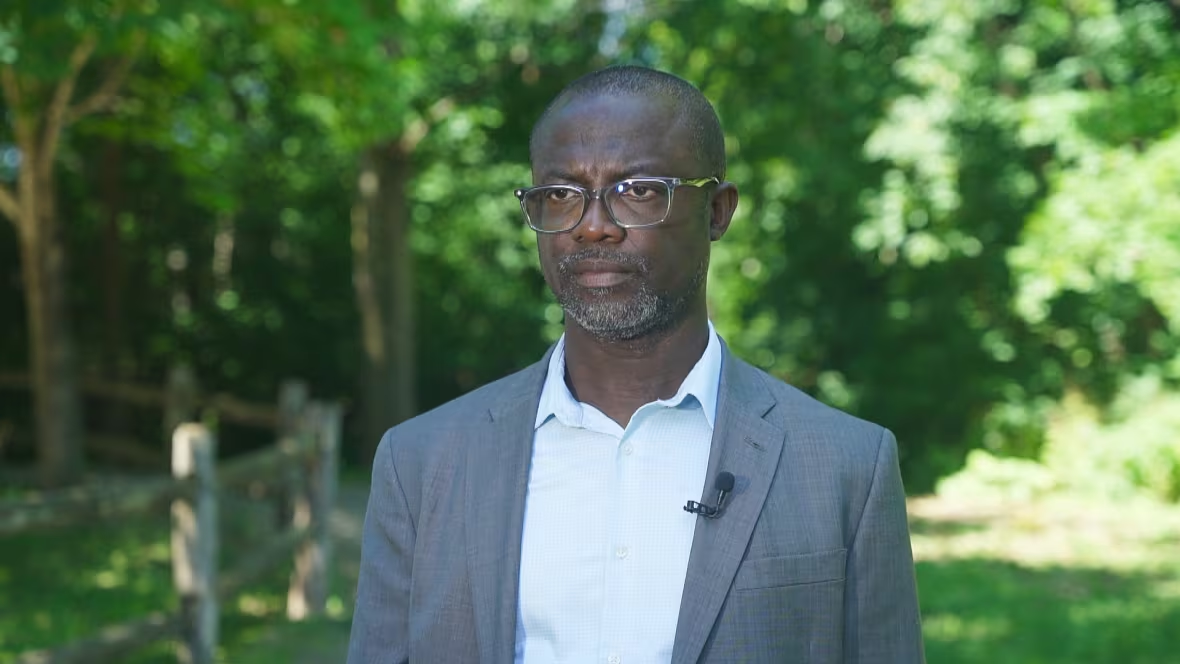Ottawa police delaying body-worn cameras until at least 2026
Deputy chief blames budget constraints as Ottawa police lag behind other forces

Ottawa police say it will be at least 14 months before officers can be outfitted with body-worn cameras, and are blaming the delay on budget constraints.
On Friday, Deputy Chief Steve Bell told the Ottawa Police Service Board's finance and audit committee the force will be unable to adopt the technology under a 2.9 per cent budget increase in 2025.
Bell said inflation and rising labour costs are adding to the financial strain, while investment in infrastructure has lagged.
"We're seeing an increase in workload, crime complexity and a reduction in our ability to provide adequate and effective policing," Bell told committee members.
Ottawa police declined an interview on the camera delay, but told CBC in an email that based on a $372-million net budget for 2024, next year's increase would add approximately $15.3 million.
OPS falling behind
Body-worn cameras for Ottawa police were first included in the 2023 draft budget, which earmarked $400,000 for "digital information and evidence management" technology.
The Toronto Police Service became the first in Canada to outfit officers with body-worn cameras in August 2020, and police in other major cities have since followed that lead.
The Ottawa Police Association has been advocating for the cameras for more than a decade, according to president Matthew Cox.
"We've been pushing for body-worn cameras since 2011, and it always seems it is the thing that keeps getting pushed further and further down the road," he told CBC.
Cox said he understands the city's budget constraints and agrees adequate staffing is the current priority, but said both police and the public want the cameras to boost transparency and accountability.
The anticipated cost also covers extra video storage and staff to prepare court disclosures, Cox said.
He urged the Ontario government to follow Alberta's lead by mandating the cameras and providing appropriate funding for them.
Delay 'sets the clock back'
Hector Addison, a member of the African Canadian Association of Ottawa and a former member of the Ottawa Police Service's community equity council, called the delay "disappointing."
"I think it sets the clock back in terms of the progress that the police has made with the community in terms of the relationship-building," he said, calling the cameras mutually beneficial for officers and the public.

Though he believes the "very fractured relationship" that existed between Ottawa police and the city's Black community has improved in recent years, Addison also believes the cameras will help make it stronger.
Cox said he's hopeful the delay in implementing body-worn cameras in Ottawa won't stretch beyond 2026.
"We are a major city and we have to start acting like we are a major city," he said. "Major cities make sure that they have money aside to do these types of projects, and right now it seems we don't have that money."
The Ottawa Police Service's 2025 draft budget will be tabled Nov. 13.
With files from Joseph Tunney

